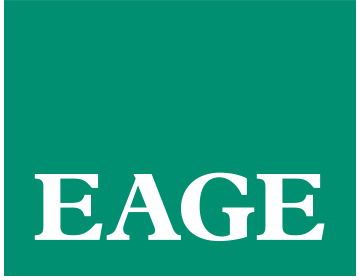Participate in the 2026 Global Energy Transition Challenge
The most recent edition of the Minus CO₂ Challenge, now renamed the Energy Transition Global Challenge, took place in 2025. Congratulations to the team from the Rajiv Gandhi Institute of Petroleum Technology (India) for winning this year’s competition!
Application and selection process
The world is changing – and the challenge of climate change is impacting the oil and gas business in many ways. As with other EAGE field challenges, we focus on a real field dataset bringing practical experience to help students with successful careers in applied geosciences. In the GLOBAL ENERGY TRANSITION contest, we challenge teams to work with a dataset of a carbon sequestration project.
The main topic for the Global Energy Transition Challenge 2026 is yet to be confirmed; however, we would like to hear your ideas on potential energy transition themes.
We invite university teams of three to five students to apply to take part in this innovative challenge, which the EAGE Student Fund supports.
To ensure a successful application you should be aware of the EAGE Global Energy Transition Challenge 2026 Rules and Procedures.
How to apply:
- Fill in the Application form.
- Attach a signed ‘Declaration of Academic Integrity‘
- Include a Motivational Letter explaining also why renewable energy is important in the future and how geoscientists and engineers can make the energy transition a reality.
Every team selected in the first round will receive a dataset to work with. They will have the opportunity to analyze the dataset and propose a project with carbon and energy storage.
If you have any further questions do not hesitate to contact us via students@eage.org.
The Global Energy Transition Challenge 2025 deadline for applications is 9 January.
Selection stages Deadline
Application 12 November to 9 January
Teams receive the entire data set and instructions references. 16 June
Teams submit Round 1 reports 16 July
Round 2 – 6 teams announcement 29 July
Teams submit 2nd Round Report 25 August
6 Teams give 10 minute presentations online 1 September
Teams 1,2,3 present at the Global Energy Transition Conference October – November

